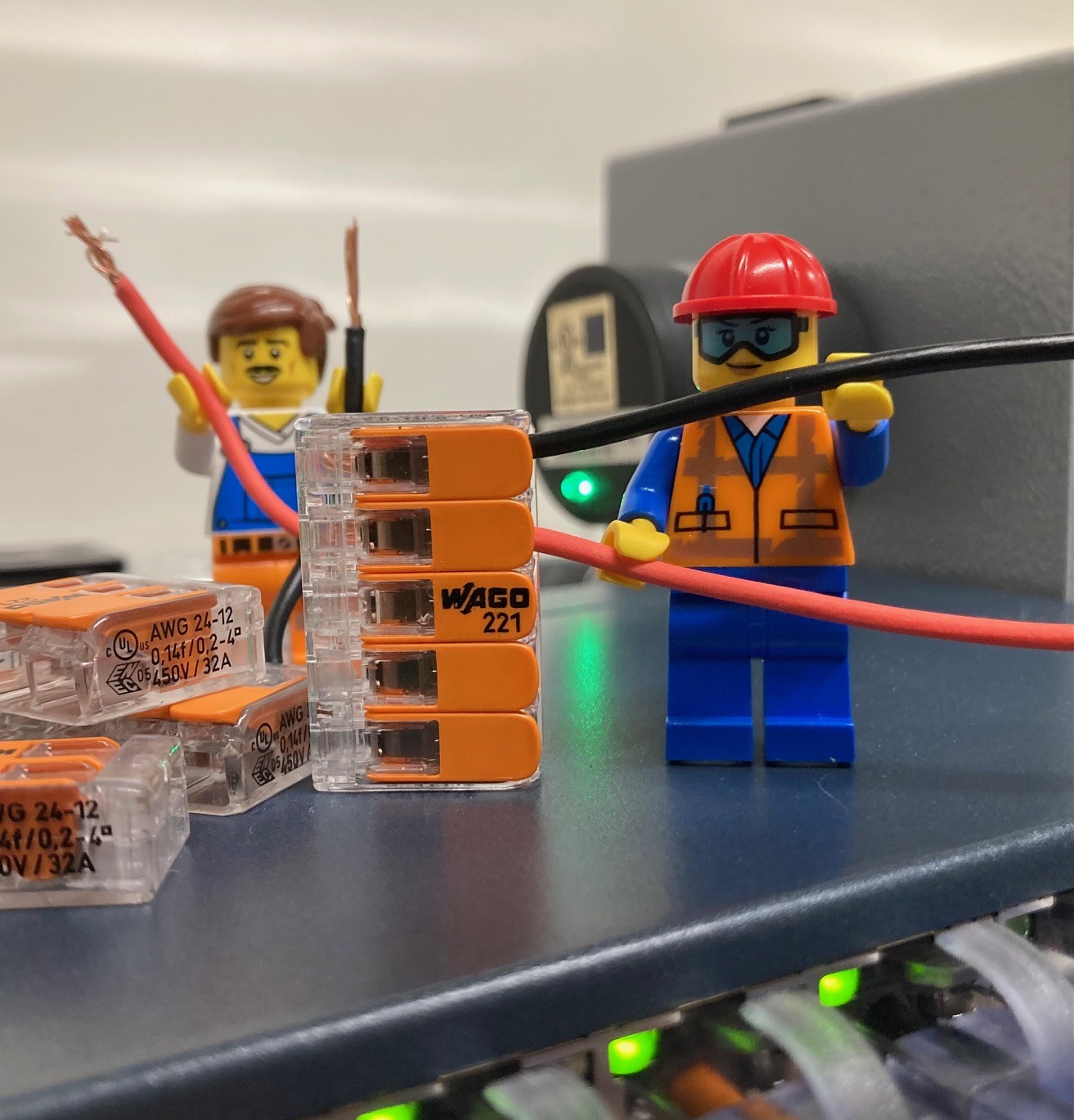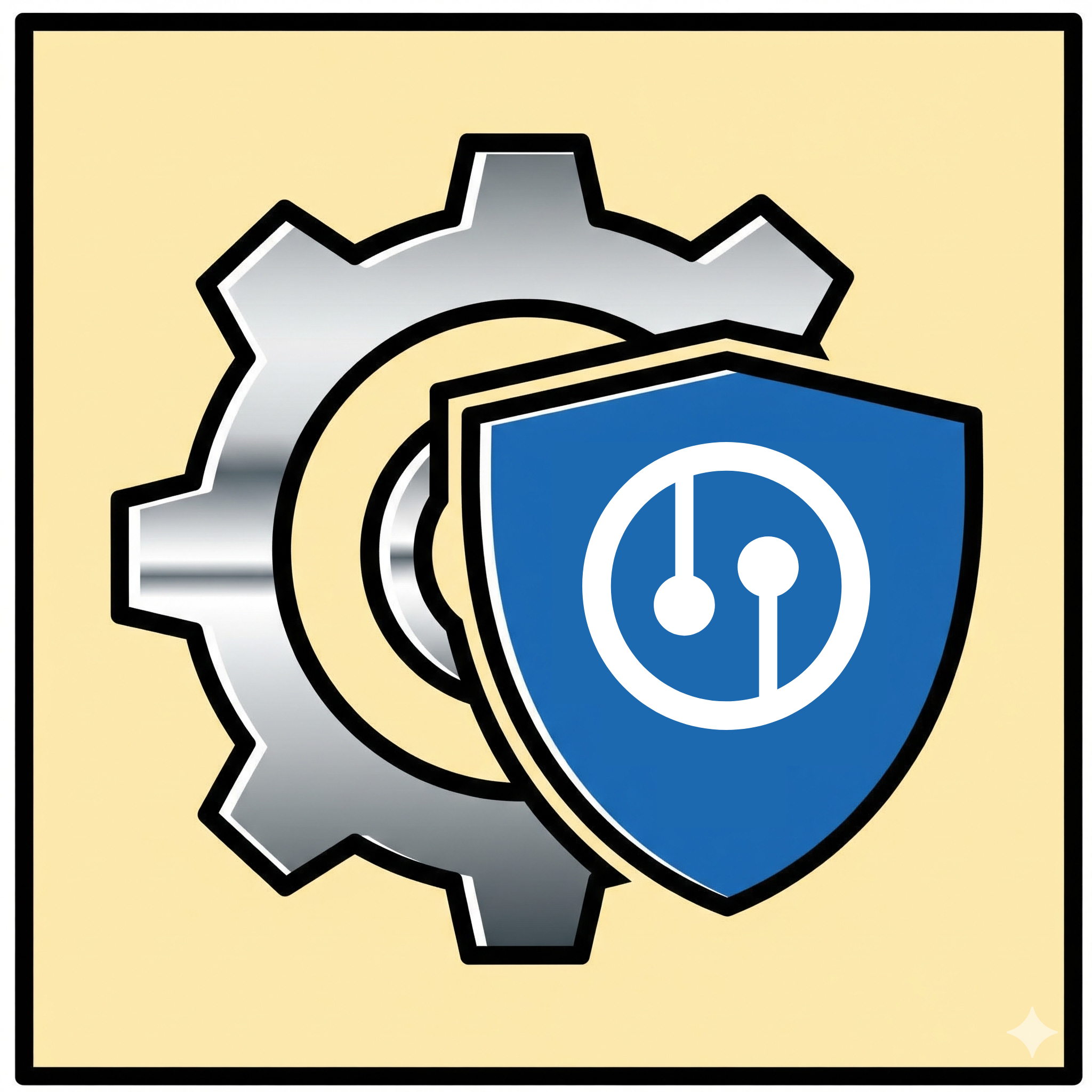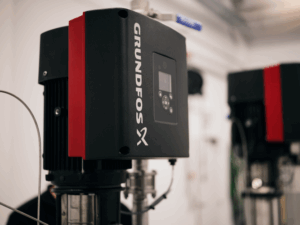“Many people assume they are bad at writing because it is hard. This is like assuming you are bad at weightlifting because the weight is heavy. Writing is useful because it is hard. It’s the effort that goes into writing a clear sentence that leads to better thinking.” – James Clear
Our blog reflects our experiences, opinions, and thoughts about how to improve the building automation industry, and why our work is important. Our years of experience have been shaped and informed by collaborations with other industry experts, engineers, system operators, and tradespeople. We want to keep this dialogue going, and we would love to hear from you. Our collective insights and exchanges will lead us all to clearer thinking and better solutions.
6 Reasons the Honeywell Advanced Controller is the perfect replacement for the Siemens PXCM
The HOAC isn’t just a replacement for the PXCM; it’s an upgrade. You get better hardware, easier integration, simpler migration planning, and the flexibility of Niagara without giving up compatibility with your existing Siemens infrastructure. If you’re still running PXCMs, it’s time to make the switch before those PowerPC processors finally give up like my dad’s old Compaq.
Why Controlling Humidity With Relative Humidity vs Dew Point May Not Be Best
The conventional approach to controlling humidity in a space uses relative humidity as the control variable. Common problems with this approach include hunting of the control equipment and inaccurate results. We have found that using dew point as the control variable provides a more stable system and better response of the controlling equipment.
How to Load Templated Applications into Wago CC100
The WAGO CC100 is a powerful PLC that we’ve successfully deployed across numerous applications. One of its most valuable use cases is replacing field-level controllers like Siemens TECs. While the CC100 is capable of controlling a single piece of equipment such as a VAV box, its true power lies in its ability to manage multiple ventilation boxes simultaneously, all from one compact controller. This combination of flexibility and processing is why we love the CC100.
Managing Critical Alarms with Reflow for Niagara 4
Building Automation Systems (BAS) are essential for monitoring facilities, maintaining comfort, and keeping energy costs in check. But when a critical alarm goes off, speed matters. Without a clear, intuitive interface, facility managers can waste valuable time hunting through cluttered dashboards trying to figure out what’s wrong and where.
Why We’re Nuts for Lever Nuts
Wirenuts have been around a long time, and are totally acceptable for all kinds of wiring situations. But, for controls in particular, they can be very ‘fiddley’ when it comes to the small wire gauges, sensitive components, and any installations where things may need to be disconnected and reconnected regularly. We’ve come to find a much better solution for getting controls wiring connected up in the field: The Wago 221 Series Lever-Nuts®.
How to Successfully Install CodeSys For WAGO PLCs
This blog explains the essentials to install CodeSys for WAGO PLCs and provides step-by-step installation instructions.
The Secrets to Writing Scripts for Eikon® Logic Builder
Eikon Logic Builder is ALC’s development environment for their proprietary Eikon programming language. Mastery of Eikon differentiates power users and senior technicians from mere mortals. If you are doing a lot of work in Eikon, and find that there are repetitive tasks that you’d like to perform, or information that you’d like to export, the scripting interface of Eikon can be a powerful tool. We use it internally to ensure that we have met some of our internal design standards, as well as to provide BacNet point lists in advance to our customers and integration partners.
Quality Approach in Project Management: 3 Key Benefits
Regulated industries like pharmaceuticals and biotechnology operate under a structured approach to project management execution. Multiple documents, each routed and approved by various stakeholders, carefully document the planning and design process to ensure changes don’t impact product quality. While this formality may seem excessive for projects outside regulated facilities, adopting core project management principles without all the documentation can provide significant advantages without the drawbacks.
Using Notepad++ for Programming: How to Add a Syntax Highlighter
Syntax highlighters are modules that you add to a text editor that change the color of the text based on how the text would be understood by the compiler/interpreter. It is useful for helping immediately recognize a fault in the program’s composition.
Notepad++ is great for small programming tasks because its design encourages and simplifies the creation of tools. One of the most helpful tools that Notepad++ supports is custom syntax highlighters.
How to run NodeRed from a Wago CC 100
Node-RED provides a browser based programming interface that makes it easy to create “flows” by connecting together “nodes” from a wide range of “palettes”.
This writeup explains how to install NodeRED from a WAGO CC 100 PLC using “Docker” (An open platform that is lightweight and efficient, allowing multiple applications to run on a single device without interfering with each other).
8 Important Insights from an Existing Conditions Report
When I worked for a large controls company, our engineering file system was indexed by building address rather than customer name because facilities and their systems frequently changed hands. Building Automation Systems (BAS) typically evolve over many years, shaped by multiple system owners, vendor technicians, and shifting business priorities. Equipment is added and removed, buildings are connected or renovated, and each project operates within carefully defined scope boundaries that often exclude existing problems.
How to Proactively Diagnose and Optimize Your Building: 5 Reasons BAS Service Agreements Are Must-Haves
In today’s fast-evolving world of technology, Building Automation Systems (BAS) have become the cornerstone of efficient facility management. Whether it’s controlling HVAC, lighting, or energy systems, these technologies are crucial in ensuring comfort, safety, and sustainability within your buildings. However, to reap the full benefits of a BAS, it is vital to maintain it properly. This is where a Building Automation Service Agreement is a proactive measure to safeguard your investment and optimize your facility’s performance.
How Factory Mounted Controls Can Save Your Project Schedule
The call came in on a rainy Friday evening – the kind of call no project manager wants to receive.
“I have some bad news,” the voice on the other end said. “The new air handler is missing its supply air temperature sensor and the power supply for the controller is burned up.”
This was bad news, but we didn’t know yet that the onboard controller hadn’t even been configured to communicate with our networked control panel. The supply chain was already a mess, it was four days before Christmas, and the clock was ticking on our time-critical project.
The Day Their Alarm Started to Matter
In building automation and management systems, alarms are meant to serve as critical signals that demand attention and action. However, when systems are poorly configured, these crucial alerts can quickly become background noise, ignored and ineffective. This phenomenon, commonly known as “alarm fatigue,” creates dangerous blind spots in facility operations. Our team recently experienced a perfect example of this at a healthcare facility, where implementing proper alarm management principles improved system operations and potentially safeguarded patient safety.
Standardization, Shmandardization: When One Size Doesn’t Fit All
It might seem counterintuitive, but standardization holds no intrinsic value. While standardization can be beneficial, it’s not a universal solution. The perceived value often comes with hidden costs that can impact your overall efficiency and performance. Before defaulting to cookie-cutter repetition, carefully evaluate whether standardization truly serves your specific needs.
How to restore a field panel database on Siemens Insight
Has your building automation system been acting up lately? Are you dealing with unresponsive equipment, missing schedules, or points that mysteriously vanish from your graphics? The culprit might be a desynchronization between your field panels and the Insight database. This guide will walk you through one of the most powerful troubleshooting tools in your Siemens BAS toolkit: database restoration.
How to Streamline Greenhouse Irrigation Control on a Budget
We were recently asked to provide a customer with a control system for the feed-mixing side of a greenhouse irrigation system. Efficient irrigation control is critical for plant health and resource conservation in greenhouse operations, making this system’s reliability particularly important.















